T4K3.news
Upstate Ponzi Case Shocks Small Town
A local businessman faces charges as a Ponzi scheme leaves hundreds of investors in debt across Hamilton and beyond.
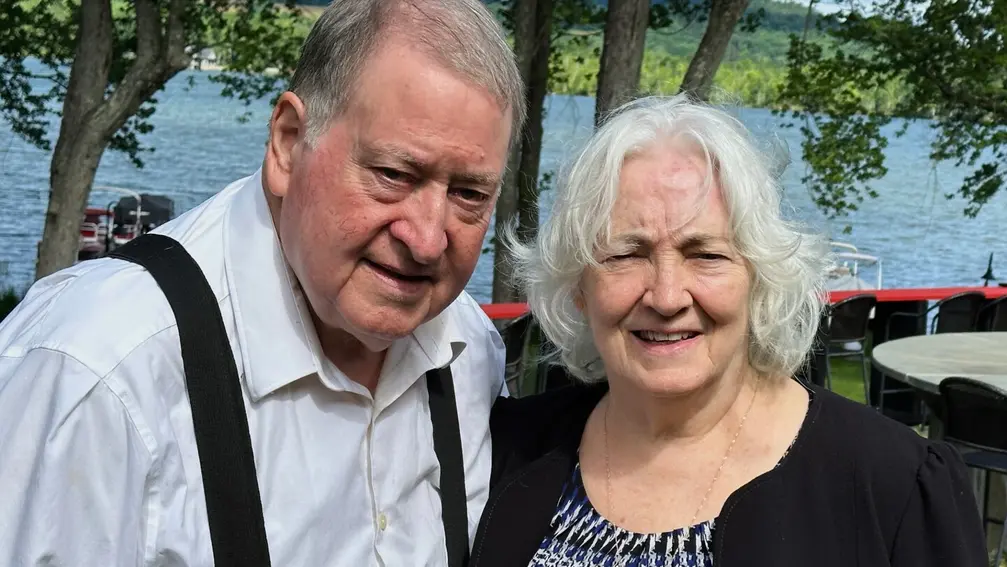
A local businessman faces charges after a long running Ponzi scheme left hundreds of investors in debt across the region.
Upstate New York Ponzi Scheme Strains a Close Knit Community
Miles Marshall built a quiet reputation in Hamilton, New York, as a trusted local professional who helped neighbors with taxes, insurance and investments. He ran the 8% Fund, promising steady annual returns and funding through rental properties. The appearances of reliability were reinforced by community events, gift bags and referrals from churches, doctors and local groups. For decades, people voyaged near and far to place money with him, believing the money would grow while the markets did not.
Then the money vanished. By 2023 Marshall filed for Chapter 11 bankruptcy, reporting more than 90 million dollars in liabilities and 21.5 million in assets, mostly real estate. He was indicted this summer on grand larceny and securities fraud charges, and he now faces possible prison time if convicted. Prosecutors say he misrepresented the profitability of his real estate ventures and used new money to pay old investors, while diverting funds to personal expenses and other businesses. Investors range from Colgate University professors to retirees, with losses that in some cases run into the hundreds of thousands.
The bankruptcy process is ongoing. Assets including homes and other properties are being sold and victims may recover only a fraction of their losses. Some families faced medical bills, while others worry about retirement and future plans. In this small town and the surrounding countryside, the case has unsettled a long-held belief that local networks and familiar faces are inherently trustworthy.
Key Takeaways
"He would tell you about all the other people that invest. Churches invest. Fire companies invest. Doctors invest."
Describing the town-wide belief in the network
"It’s sad because of what he’s done to the area."
Dennis Sullivan on the impact
"Why are you going to be the suspicious one?"
A moment of peer pressure described by a client
"That’s obviously false now, but that’s what I always thought."
Marshall’s own reflection in bankruptcy filings
The Marshall case is a textbook example of a Ponzi scheme hiding in plain sight, thriving on trust built through locality and familiarity. The arrangement used promissory notes and a steady stream of new money to pay earlier investors, a pattern that can linger for years in communities where people know each other well. The tragedy is not only financial; it is cultural. When neighbors become creditors, questions of who to trust move from the market to the dinner table. The case raises questions about how much oversight is needed in small towns and how easily a respected local figure can outpace warning signs.
Looking ahead, readers should watch how restitution unfolds and what lessons local institutions take from this. The episode may push more residents to demand clearer disclosures from financial activity in their area and to seek independent advice before threading money into community enterprises. It also highlights the long tail of fraud, where the ripple effects touch health care costs, small businesses and family plans for years to come.
Highlights
- Trust in Burt felt like a safety net for the whole town.
- The 8 percent promise looked solid until the money dried up.
- In a small town, close ties are not a shield but a risk.
- He looked like success and people followed.
Financial and community risk from local Ponzi scheme
The case highlights risks to investors in close-knit towns, including potential regulatory gaps, limited recourse for victims, and the broader impact on local institutions and services.
Trust in money and neighbors alike can be fragile when accountability is absent.
Enjoyed this? Let your friends know!
Related News
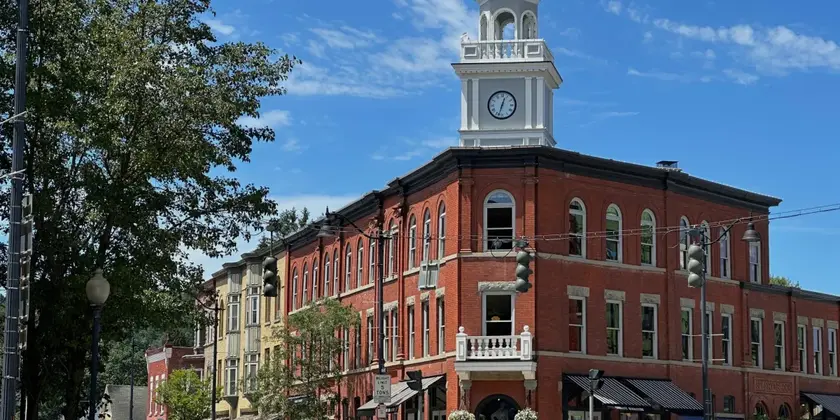
Local businessman indicted over Ponzi scheme

Bryan Kohberger sentenced to life for Idaho murders

Luciano Frattolin arrested in death of daughter Melina
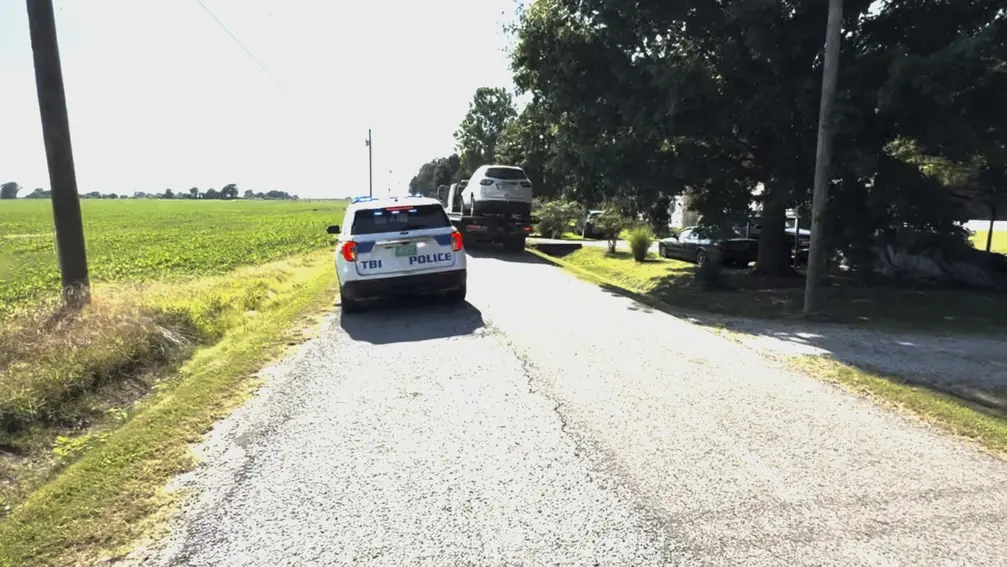
Man arrested in Tennessee family killings
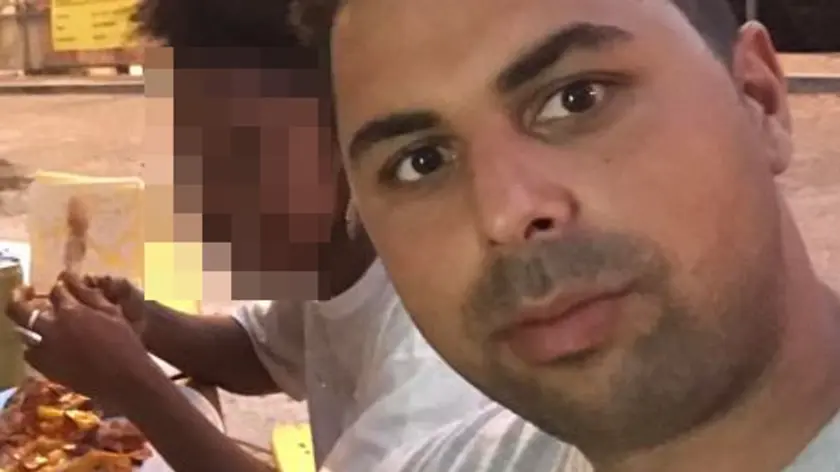
Italian mother confesses to murder and dismemberment

Mum confesses to murder in Gemona del Friuli
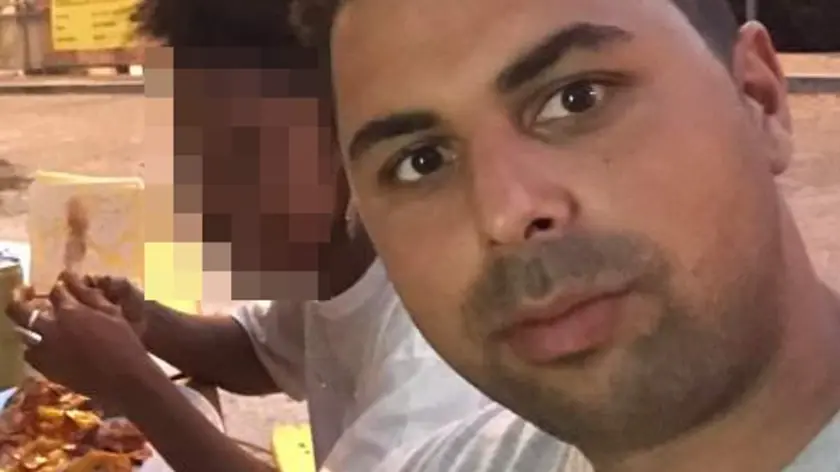
Italian man allegedly murdered by mother and girlfriend

Chungs closes in Hamilton
